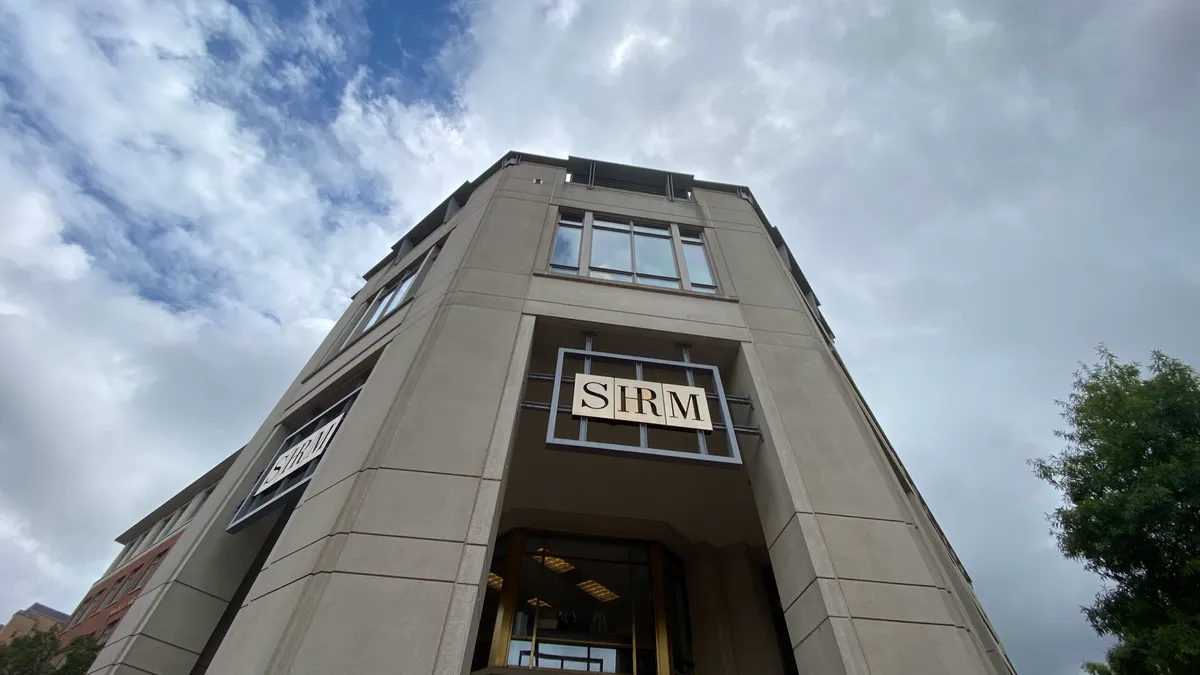Dive Brief:
- Banning questions about criminal history on job applications can help the formerly incarcerated get hired, research from Case Western Reserve University found. "Banning the box" — removing the box applicants check if they have a criminal history — increased employment in high-crime U.S. neighborhoods by up to 4%, the study revealed.
- In other research results, ban-the-box policies increased hiring significantly in public-sector and lower-wage jobs, and positive results crossed all income and skill levels in urban and suburban areas. Banning the box helped with upskilling, too, because employers replaced criminal-background questions with questions about applicants' qualifications, the study found. However, African-American women were less likely to be hired after ban-the-box policies were implemented; "it’s likely an increase in the hiring of black men came at the detriment of black women," Case Western said.
- Citing data from the National Employment Law Project, the study said that 33 U.S. states and more than 150 cities and counties require ban-the-box or similar policies for public-sector jobs, and laws in 11 states and 17 cities require private-sector employers to adopt the same practices.
Dive Insight:
Ban-the-box policies have gained bipartisan support among lawmakers. Now there's data showing that these policies are working in at least some cases, and given that one in three adults has a criminal record, according to the National Employment Law Project, employers may not want to ignore such a sizable potential labor pool in today's tight labor market.
Some employers have voiced support, too; the Society for Human Resource Management (SHRM) joined forces with a number of organizations, including the U.S. Chamber of Commerce, the National Restaurant Association and Koch Industries to encourage companies to take a national pledge to hire workers with criminal backgrounds. The partnership, however, met resistance from some opposing the Kochs' social and political views.
Some employers already have shifted their hiring practices, engaging populations that have been largely overlooked or under-appreciated. Applicants with criminal history are one of several populations to which employers are turning, along with veterans, individuals with disabilities and more.













